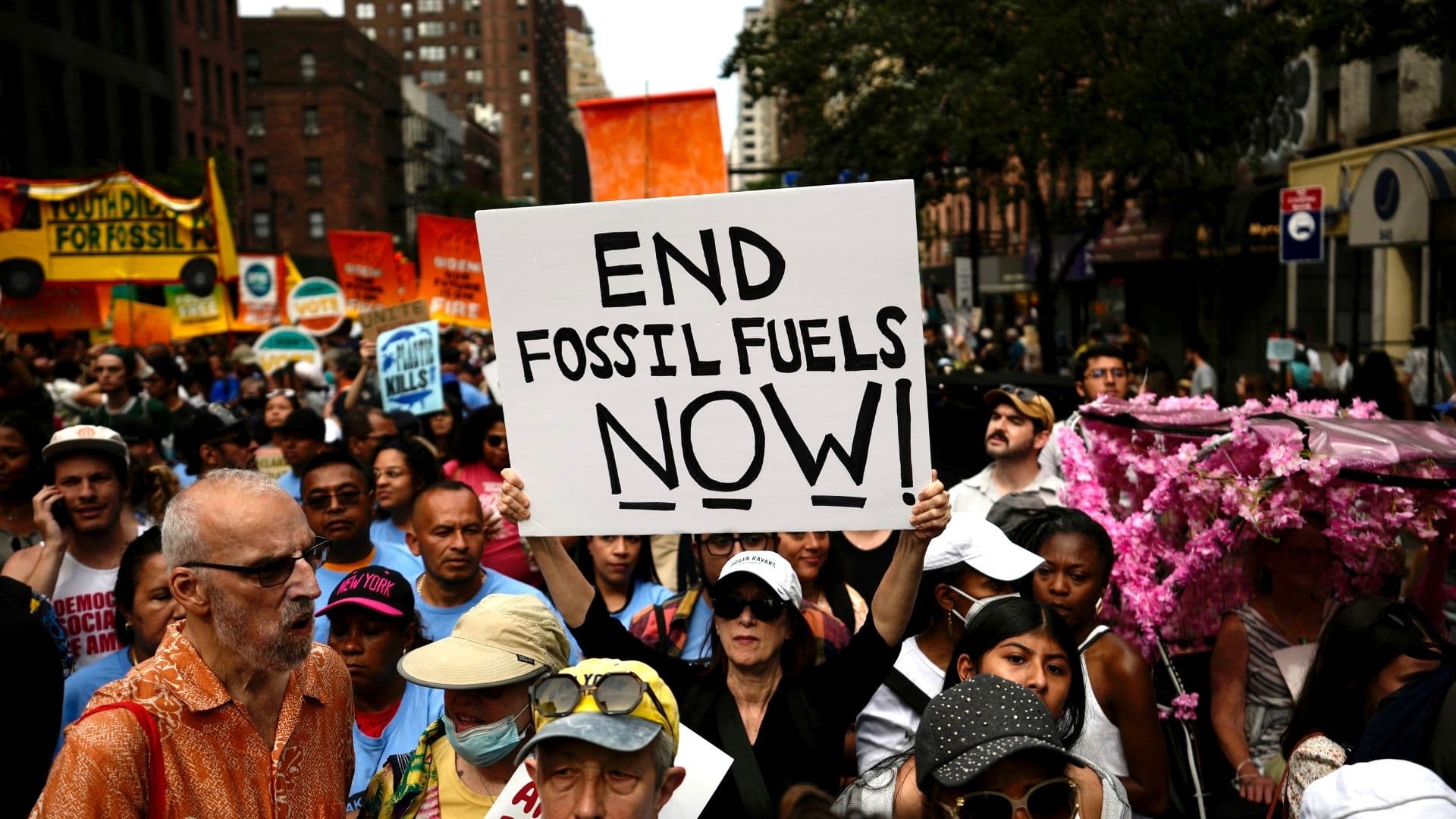Ramaphosa Says U.S. Might Reverse G20 Boycott, White House Denies Shift
South African President Cyril Ramaphosa said he had received indications that the United States might change its earlier decision not to attend the G20 summit in Johannesburg, a move that would prevent the symbolic empty chair handover of the presidency. The White House swiftly denied a change in position, saying only a U.S. chargé d’affaires would attend the formal handover and Washington would not take part in summit discussions.

President Cyril Ramaphosa told reporters on November 20 that he had been given indications the United States might reconsider its prior choice to skip the November 22 and 23 G20 summit in Johannesburg. His remarks suggested discussions were under way about what form any U.S. participation might take, potentially averting a symbolic empty chair at the ceremonial handover of the group’s presidency to the United States.
The White House moved quickly to push back against that account, describing reports of a reversal as false and clarifying that Washington would send a chargé d’affaires to the formal handover ceremony but would not participate in broader summit discussions. The contrasting accounts underscored continued tensions between the U.S. administration and South Africa over both allegations of discrimination connected to the summit and disagreements over the summit agenda.
The possibility that the United States might skip the Johannesburg summit had already provoked diplomatic consternation. An absent American delegation at the ceremonial handover would have been a striking public rebuke at a moment when the G20 has sought to project unity on economic and geopolitical challenges. Ramaphosa’s suggestion that a U.S. change of heart was possible raised questions about whether the dispute could be resolved at the eleventh hour or whether differing narratives reflected a deliberate attempt by both capitals to manage domestic and international optics.
South Africa, as host, has emphasized the need for an inclusive agenda and for the summit to reflect concerns of emerging economies. The broader backdrop to the exchange includes friction over summit logistics and access, and a more fraught relationship between Pretoria and Washington as both navigate competing priorities in Africa and on global issues. For the United States, the decision to limit engagement to a ceremonial presence while staying out of discussions signals a cautious approach aimed at registering attendance without endorsing a summit program it has publicly criticized.
Beyond the immediate diplomatic tangle, the episode points to larger questions about multilateral forums in a fractious era. The G20, which brings together advanced and developing economies, depends on face to face diplomacy to produce consensus on trade, climate and financial stability. A visibly diminished U.S. presence would deprive other leaders of an important interlocutor and could deepen perceptions among Global South countries that major powers are disengaging from shared problem solving.
For South Africa, the moments leading up to the summit have been delicate. Hosting offers both prestige and scrutiny, and the prospect of an empty chair would have been a potent symbol domestically and internationally. How the United States and South Africa manage their public messaging in the hours before the summit will matter for the summit’s mood and for the broader narrative about Western relations with African hosts.
Diplomats on both sides appeared to be seeking a face saving outcome, but with formal positions at odds the immediate future of U.S. participation remained unclear. The coming days will determine whether the United States will expand its presence beyond ceremonial representation, or whether the Johannesburg summit will open under the shadow of an unresolved diplomatic dispute.

